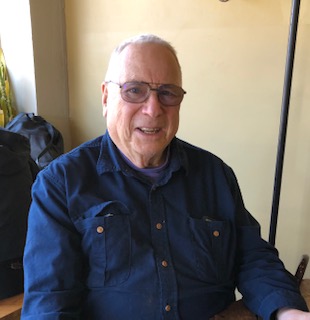Opinion: The Rights Of Minors

Photo: istock

With the apology of the Town Manager it may seem that the most contentious aspect of the July 5 incident has been resolved. But I am not so sure. The police officer who told the teenagers “you have no rights” made it clear that he was speaking to them as minors. And while his comment may have been inartful it was not entirely wrong. What rights do teenagers have?
I raise this not as a rhetorical question but as a matter of serious inquiry – what rights do they have, and what rights do we want them to have? A study of psychology, human development, history, and culture complicates and deepens these questions. I limit this commentary to a consideration of adolescence, although I think that it should be considered along the whole range of childhood. What rights do children have?
Taking this question seriously raises unanswerable questions right away. There are human rights – life, liberty, and the pursuit of happiness – and legal rights, which vary from country to country and culture to culture. I came face to face with this as principal of Mark’s Meadow School, which in the 70s and 80s served families from a wide variety of countries and cultures. It was easy to acknowledge and honor foods and dress from all over the world; it was much more difficult to acknowledge and honor child-rearing practices that differed significantly from our own, and included practices that some would consider abusive. What rights do children have if they come from cultures that condone beating a child? What happens when human rights and legal rights clash?
This is the larger question that seems to have gotten lost in the noise surrounding the July 5 incident. It is especially complicated when considering adolescence – the period of development when bodies mature faster than minds or emotions. That period gets longer as puberty starts earlier. Teenagers are caught in a web of contradictions and paradoxes. The police officer may have been right legally, but that is only a part of the story. The other part of the story might be best labeled agency, the right to make decisions about one’s own life and actions. For the most part, we consider 18 to be the age at which a child becomes an adult, and has the legal rights – and responsibilities – attendant upon agency. But we are not clear or consistent about this. School attendance is required up to age 16 in many states. Child labor laws differ from state to state as well. As a nation and as a culture we are confused by adolescence.
Maybe that is ok. I myself would like to see 16-year-olds have the vote without having other responsibilities of adulthood. At Mark’s Meadow, 8-year-old children had the responsibility of caring for their younger siblings while their parents were working or studying. From my vantage point they were given these responsibilities too soon, but historically this was (and is) not uncommon throughout the world.
The July 5 episode raises the question about the relationship between human rights and legal rights. Perhaps the larger question of policing in a democratic society also raises this question. I think we should ask this question, talk about it and, respecting its complexities, not be too quick to answer it. John Keats created the notion of “negative capability” – the capacity of a person to be in “uncertainties, mysteries, doubts”. Maybe this is a clue as to how adolescents see the world, and how adults should see adolescence. And perhaps being in uncertainty and doubt might lead to better conversations and gentler controversies in our community.
Michael Greenebaum was Principal of Mark’s Meadow School from 1970 to 1991, and from 1974 taught Organization Studies in the Higher Education Center at the UMass School of Education. He served in Town Meeting from 1992, was on the first Charter Commission in 1993, and served on several town committees including the Town Commercial Relations Committee and the Long Range Planning Committee.
